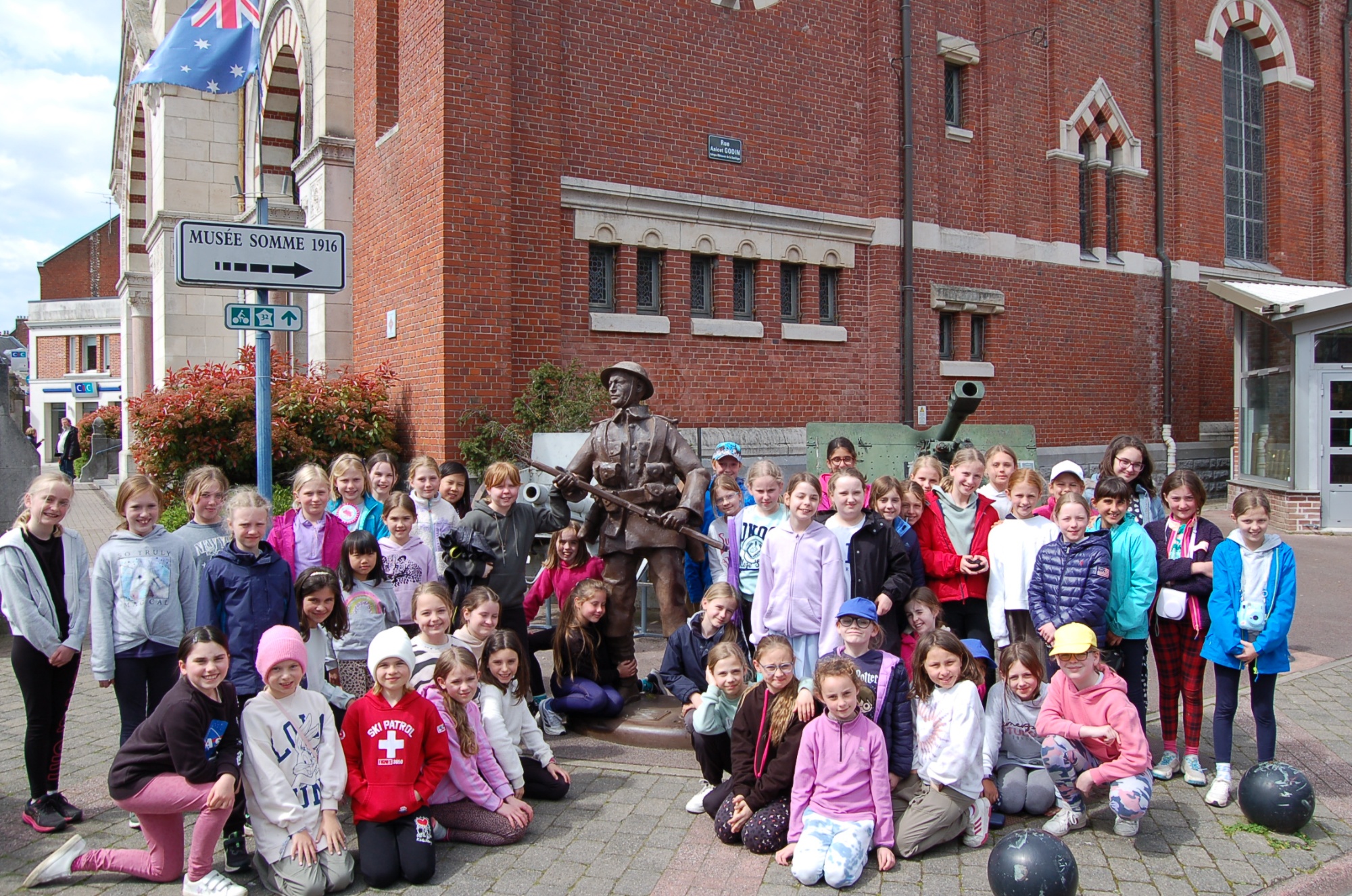French
To have another language is to possess a second soul.
Charlemagne
Aim
The French department aims to create in its pupils a love of, and enthusiasm for, the French language and culture. It also aims to develop a level of confidence and fluency in the language from an early age.
Approach
Children are taught French by a specialist native speaker from Year 1 upwards. For the first two years they receive half an hour tuition weekly which mainly focuses on speaking and listening skills. Children have fun learning and absorbing French through varied activities, games and traditional songs. A lot of visual props and innovative resources are used to increase pupils' self-confidence and to encourage them to take part in short conversations.
When they reach Year 3, pupils have two French lessons a week taught by the same specialist French teacher.
Lessons are therefore designed to ensure progression and challenge. Some basic vocabulary is revisited and extended to mini topics related to everyday situations. In Years 5 and 6 there is growing emphasis on reading and writing skills, and the work is mostly topic based. Grammatical concepts are introduced which prepares pupils for the transition to their senior schools.
The course highlight is without a doubt the very popular Year 5 annual visit to Château du Perron in Normandy. On this 5 day trip the girls are able to develop their experience of French life and culture, and put into practice the language skills learnt.
What will my child study?
- Year 1 – Basic greetings, classroom instructions, saying your name and age, colours, common words, sound patterns through traditional French songs, numbers 0-10.
- Year 2 – Greetings, talking about yourself, classroom items, more colours, animals, days of the week, songs and stories, numbers 0-20.
- Year 3 – Weather, transport, family, simple personal description, opinions, songs and stories, numbers 0-40 .
- Year 4 – Food and drink, extended dialogues through role play, opinions, months and birthdays, numbers 0-60.
- Year 5 – Parts of the body, clothes, adjectival agreements, developing conversations in authentic situations through residential trip to Normandy, opinions, numbers 0-80.
- Year 6 – Sports and leisure activities, the time, school, home and living area, opinions, key verbs, extended adjectives, larger numbers 0-1000.

